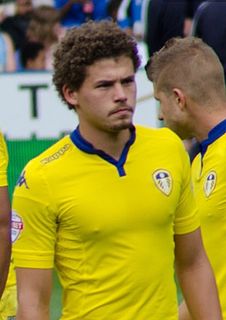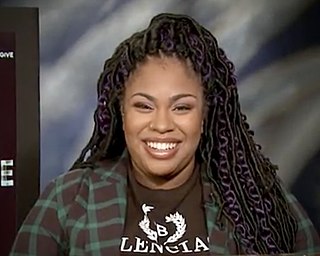A Quote by Alicia Garza
Black Lives Matter started from a post that I put on Facebook after the acquittal of George Zimmerman. I woke up in the middle of the night sobbing, just trying to process what had happened and wanting to find community around being in a lot of grief and having a lot of rage.
Related Quotes
The night that George Zimmerman was acquitted, I think, for black people all over the world, there was a collective feeling of incredible grief and incredible rage. And that verdict not only let George Zimmerman go home to his family, but it sent a message to black people everywhere that our lives did not matter.
With the Black Lives Matter movement, a lot of the focus is on the protest and dissent. I'm hoping to dismantle the public notion - for folks outside of the community - of what Black Lives Matter means. It's really about saying that black lives matter: that humanity is the same when you go inside people's homes.
In terms of what happened to Amy [Schumer], if that happened to me I would be like, "Yes, please leave." But I toured a lot. I started as an opening feature act touring a lot during the [George W.] Bush years, like around 2007. I was touring during the [Barack] Obama election - the first one with [Sarah] Palin and [John] McCain - and I talked to crowds about that and they were always split down the middle.
I think grief is a huge subject; it's one of the things that everybody is going to confront in one way or another. There's been a lot of books written about how Americans have an odd way of trying to defer grief or minimize the need to grieve. People used to have a lot more ritual grief in their lives. For the most part, we think of it as a strictly temporal process: you grieve for a time and then you're over [it], but it's also a spatial process. It travels across a map.
Of course I had the parallel of having the early years of my life being spent during apartheid, and then having a lot of awful poverty going on around me while I lived in this bubble of middle-classness, but I was a child, and I only really started to (I hope) understand all of that fairly recently.
There has been an outpouring of anger and concern because of the actions of George Zimmerman, a private citizen who profiled a young boy and pursued him and tried to confront him, perhaps. But what George Zimmerman did is no different than what police officers do every day as a matter of standard operating procedure.
We started off as this platform inside Facebook; and we were pretty clear from the beginning that that wasn't where it was going to end up. A lot of people saw it and asked, 'Why is Facebook trying to get all these applications inside Facebook when the web is clearly the platform?' And we actually agreed with that.



































